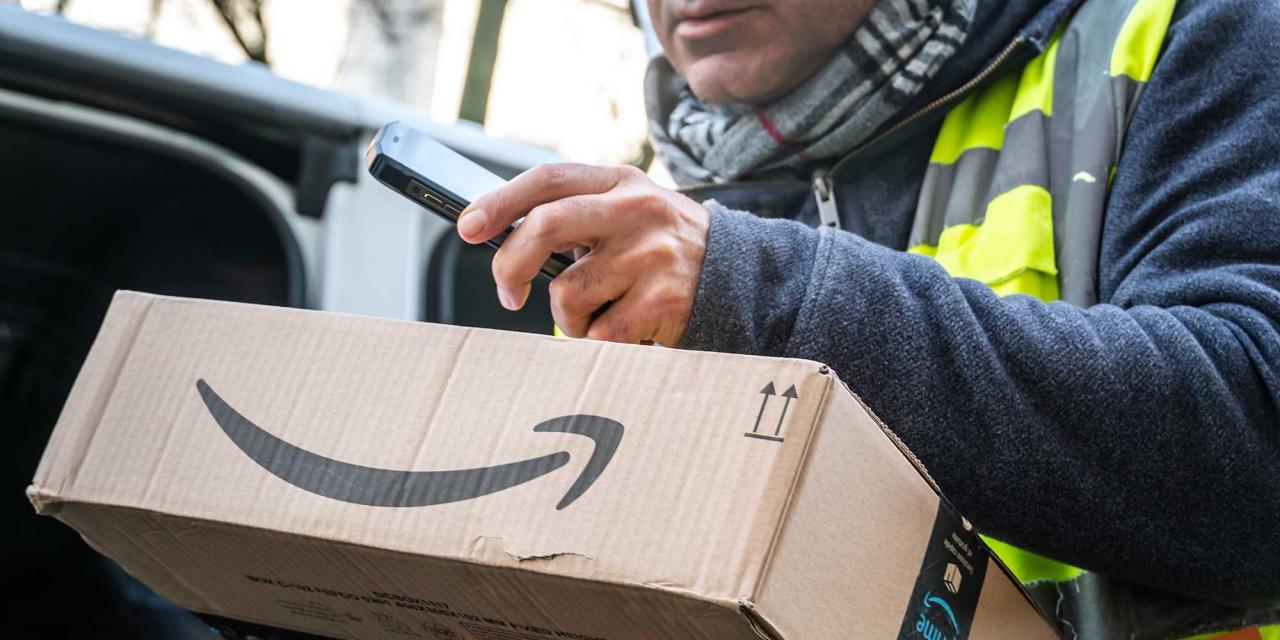In such cases, the people concerned have ordered from Amazon but have not given the suppliers a drop-off authorisation. This means that a parcel should be personally handed over to the recipient (or a representative designated by the customer) in order to be considered correctly delivered. From a legal point of view, it is then not okay if delivery staff leave the parcel in front of the flat door in the stairwell, for example.
If the parcel is found like this, it's not so bad. However, the big trouble comes when customers whose parcels have disappeared finally discover in their customer account that the goods are marked with a "delivered" entry. And this is without the usual written notification from the parcel service as to where it could now be collected. Amazon does not always argue with geotracking when an alleged delivery is stated. In one case, it was curiously confirmed that the parcel had been deposited in the letterbox. The only thing was that the packed goods would not have fit inside. In another example, a third person had signed for the receipt. But nobody knew this person and the parcel was gone.
Amazon remains stubborn
Under these circumstances, delivery staff nevertheless reported to Amazon that the parcel had been properly delivered. When we intervene on behalf of the consumer, the online mail order giant does not believe the statement of the injured party. Instead, Amazon refers to the timed "geocode stamp" of the delivery location and to "information collected at the time of delivery" such as the weight of the package and the reported condition of the delivery.
Thus, Amazon is unwavering in its assumption of a correctly executed delivery, and its support team demands proof of a police report from the customers for its action, with detailed specifications about information that would have to be included in the report.
If consumers play the game, file the police report and send it to Amazon, a final report on the police's closure of the case is also required. However, such a formal final report by the police does not exist in Austria. In one case before us, the police even confirmed in writing to a consumer that there was a report confirmation in Austria, but no other document. Even then, Amazon was not prepared to acknowledge the non-delivery and refund the money. Instead, Amazon continued to insist that the customer had to send the report of the discontinued investigation, which may exist in other countries. Our case handlers were not put off by such blanket answers from Amazon and eventually, after some back and forth, the unsuccessful order was refunded to those affected.










